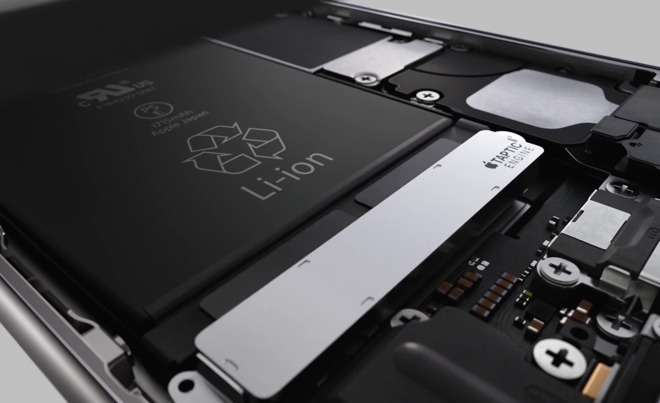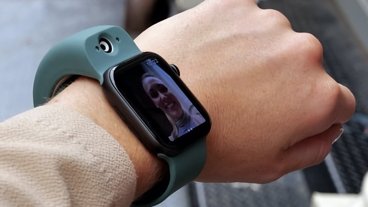A lawsuit has accused Apple of being responsible for the death of a man in New Jersey in 2017, following a fire caused by a faulty battery pack in an iPad, with the suit alleging the tablet was "unreasonably dangerous and unsafe" due to having "defects in its design."
Filed with the US District Court for the District of New Jersey, the civil lawsuit concerns the death of Bradley Ireland of Parsippany, New Jersey on February 22, 2017. On that date, an iPad located in the kitchen of the apartment he rented caught fire, which ultimately led to severe injuries and Ireland's subsequent death.
Close to two years later, daughter Julia Ireland Meo and Son Benjamin Ireland have launched the action against Apple over the death. According to the lawsuit, the fire was caused by "a defect" affecting the battery pack of the iPad, allowing for blame to be pinned on Apple directly.
"The subject tablet was unreasonably dangerous and unsafe for its intended purpose by reasons of defects in its design and/or its manufacture and/or a lack of adequate warnings which existed when Defendant Apple placed the subject tablet into the stream of commerce and/or when Defendant distributed and/or sold 'updates' to the subject tablet," the suit alleges.
The suit insists there are three counts against Apple, including one for "Strict Products Liability," another for wrongful death, and a third covering "Survival Action," the time where Ireland "experienced significant pain and suffering" between receiving the burns and his death on the same day.
No specific figure is requested in the suit, but it does ask for compensatory damages, interest, costs, and attorney fees from Apple.
Battery-related incidents in mobile devices are certainly not a new phenomena, but at the same time it is relatively rare that an Apple device ships with a faulty battery that causes a fire without some form of damage. Lawsuits blaming Apple for fires due to the use of iPhones or iPads do occasionally surface, but this is to be expected considering the vast number of products Apple ships with lithium ion batteries.
There have also been reports of fires occurring during attempted repairs, including one incident where a man at a third-party repair center bit a replacement battery, causing a small explosion. Even in these cases, it seems that there is a greater chance of a fire caused through something interfering with the battery's normal operation than through a design flaw.
In cases where a design flaw in a battery does exist, the number of incidents is expected to be far higher. A case in point is the Samsung Galaxy Note 7 battery saga which saw the entire product line being recalled over a faulty battery production process, one that even caused a fire at the factory that produced the batteries in the first place.
 Malcolm Owen
Malcolm Owen







-m.jpg)






 Andrew Orr
Andrew Orr
 Wesley Hilliard
Wesley Hilliard
 Brian Patterson
Brian Patterson
 Christine McKee
Christine McKee
 Andrew O'Hara
Andrew O'Hara










20 Comments
Yet another stupid lawsuit.
I there’s a “known defect” in the iPad, then what is the actual defect? When did Apple know about it? How long did Apple continue to ship iPads with this “known defect”?
You can’t just claim there’s a known defect (like GM ignition switches, for example) because of a one-off incident.
A lot of “and/or”s... It is either “and” or “or” it cannot be both. If it is supposed to be both, it is “or”...
I just read the lawsuit. Under facts it says "The fire was caused by a defect in the subject tablet, specifically affecting the subject tablet's battery pack."
How do they know that? There is no supplied report by the fire department or any other documents that show the iPad caused the fire.
Attorneys are surely working on a contingency fee basis, and will have done their homework. I would assume they are betting that Apple will settle to make this go away.
Now, if the fire was caused by an iPad (unmodified, no cheap charger, etc) then Apple should be liable for the damage caused, "known defect" or not. However, that is it millions and millions like I bet the attorneys are hoping for.
Most house fires are cause but some sort of electrical defect. There are all kinds of electrical house fires and you can not sure the electrical wire manufacturer or the electrician who put it in, unless you can prove they were negligent or they know they had an issue.
The people filing this case is hoping Apple pays them to go away.